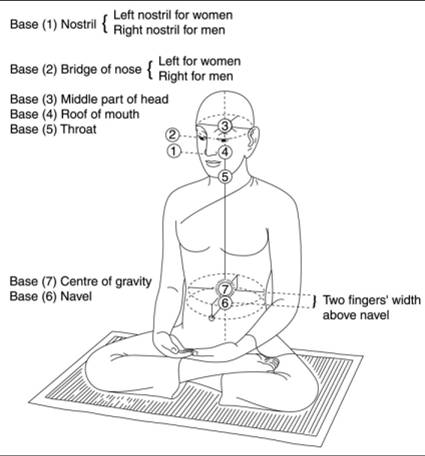
Good thoughts bring about wholesome speech and action
What we mean by the ‘mind’ in not the brain, but something
more similar to the ‘spirit’ which exists inside our body. In this book we use
the word ‘mind’ to mean this nuomenon. Whether one is good or bad, happy or
sad, satisfied or dissatisfied, depends on one’s mind. Good thoughts bring
about wholesome speech and action, bringing about an endearing character in
relation to others in society, and bringing oneself happiness too. For those
who have bad thoughts, their speech and action will also turn bad. For this
reason, they will become displeasing and unattractive to others and will end up
unhappy. Although they try to conceal their inner feelings, nonetheless, they
know themselves that they are suffering. In this respect, the Lord Buddha
taught in the first verses of the Dhammapada:

Whether one is good or bad, happy or sad, satisfied or dissatisfied, depends on one’s mind.
“Mind is the forerunner of all (evil states) –mind is chief;
Mind-made are they. If one speaks or acts with an unscrupulous mind, because of
that, suffering follows one, even as the (cart-) wheel follows the hoof of the
draught-oxen. Mind precedes all mental states: Mind is their chief. They are
all mind-wrought. If with a pure mind, a person speaks or acts, happiness
follows him like his never-dying shadow.””

Mind is the forerunner of all (evil states) –mind is chief
According to this Buddhist proverb, we learn that our minds
tend to be in one or the other of two states- clouded or clear. One who
exhibits bad behavior is the one with a clouded or untrained mind. However, one
who exhibits good behavior is generally one with a clear or well-trained mind.
We refer to the clear mind as ‘well-trained’ because such clarity doesn’t
happen by accident. It implies that that person has already striven long and
hard in mental cultivation and wholesome lifestyle to achieve that state.
1 Mano pubbangama dhamma Mampsetta
manomaya
Manasa ce padutthena Bhasati va karoti va
Tato nam dukkhamanveti Cakkhamua
vahoto padam
Mano pubbangama dhamma Manosettha
manonomaya
Manasa ce pasannena Bhasati
va karoti va
Tato namsukhama anveti Chaya
va anapayini










